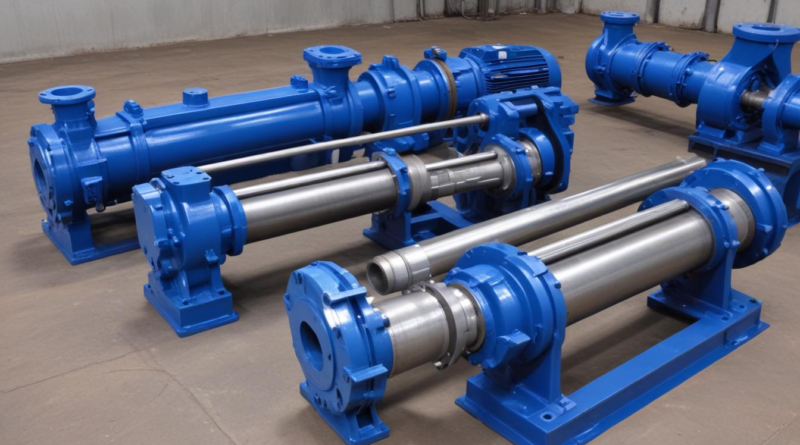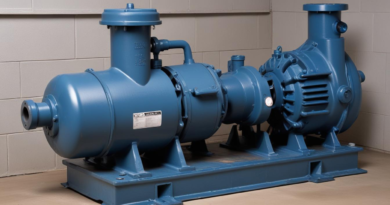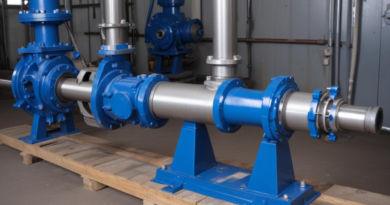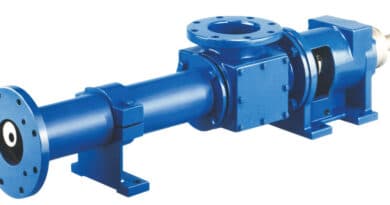Standard vs customized progressive cavity pumps: making the choice
Progressive cavity pumps are a type of positive displacement pump characterized by their ability to handle a variety of fluids, including viscous and shear-sensitive materials. They operate through the use of a helical rotor that rotates within a stator, creating a series of chambers that facilitate the controlled transfer of fluids. This unique design allows progressive cavity pumps to maintain a steady flow rate, regardless of changes in pressure or viscosity, making them highly effective in various industrial applications.
The pump’s construction typically consists of two main components: the rotor and the stator. The rotor, usually made from durable materials such as stainless steel or alloy, is designed to engage tightly with the stator, which is often made from elastomeric materials that provide flexibility and durability. As the rotor turns, it displaces the fluid in the chambers created by the helical design, allowing for smooth and efficient transfer.
Progressive cavity pumps can be classified as either standard or customized, depending on the specific needs of the application. While standard pumps are designed to meet general industry requirements, customized pumps offer tailored solutions that address unique challenges, such as varying fluid characteristics and operating conditions. Understanding the fundamentals of how these pumps operate is crucial for engineers and pump users to make informed decisions when selecting the appropriate pump for their particular needs.
Progressive cavity pumps are versatile devices known for their reliability and efficiency in transferring challenging fluids. Their unique design enables them to function effectively in a wide range of applications, making them a popular choice in industries such as wastewater treatment, food and beverage, and chemical processing.
Key differences between standard and customized pumps
When comparing standard and customized progressive cavity pumps, several key characteristics emerge that highlight their respective strengths and applications. First and foremost, standard progressive cavity pumps are manufactured to meet established specifications and industry standards. This facilitates a quicker purchasing process and reduces lead times, as these pumps are readily available and often supported by extensive documentation and service networks. They are designed to handle a wide range of fluids and operational conditions, making them a reliable choice for many general applications.
In contrast, customized progressive cavity pumps are engineered to address specific operational challenges and performance requirements unique to an individual application. This customization can involve adjustments to dimensions, materials, or specific features that enhance functionality with particular fluids or environmental conditions. For instance, customized pumps may incorporate specialized materials resistant to corrosive substances or variations in temperature and pressure, ensuring optimal performance in demanding situations.
- Design Flexibility: Customized pumps offer tailored solutions that can significantly enhance performance metrics, such as efficiency and longevity.
- Application Specificity: They are often crafted for niche applications where standard options may fall short, such as pumping highly abrasive slurries or sensitive food products.
- Material Selection: The choice of materials in customized pumps can be precisely aligned with the fluid characteristics, which can influence operational stability and maintenance requirements.
Standard pumps, however, also display several advantageous traits:
- Cost-Effectiveness: Due to mass production, standard pumps are typically more affordable and provide good value for common operational parameters.
- Proven Reliability: Standardized designs have undergone extensive testing and validation, resulting in a strong track record for performance and durability.
- Availability: The widespread availability of standard models ensures that replacement parts and service can be easily accessed, minimizing downtime.
Another critical difference lies in the support and service infrastructure surrounding each type. Standard progressive cavity pumps often come with comprehensive support packages, reflecting their common use and familiarity within the industry. Conversely, while customized pumps may offer unique operational advantages, they could require specialized knowledge for maintenance and troubleshooting, leading to potential increases in service complexity and cost.
Ultimately, the choice between standard and customized progressive cavity pumps hinges on the specific requirements of the application, including fluid properties, performance metrics, and budget considerations. By carefully evaluating these factors, engineers and pump users can make informed decisions that optimize performance and efficiency for their particular operational settings.
Advantages of standard progressive cavity pumps
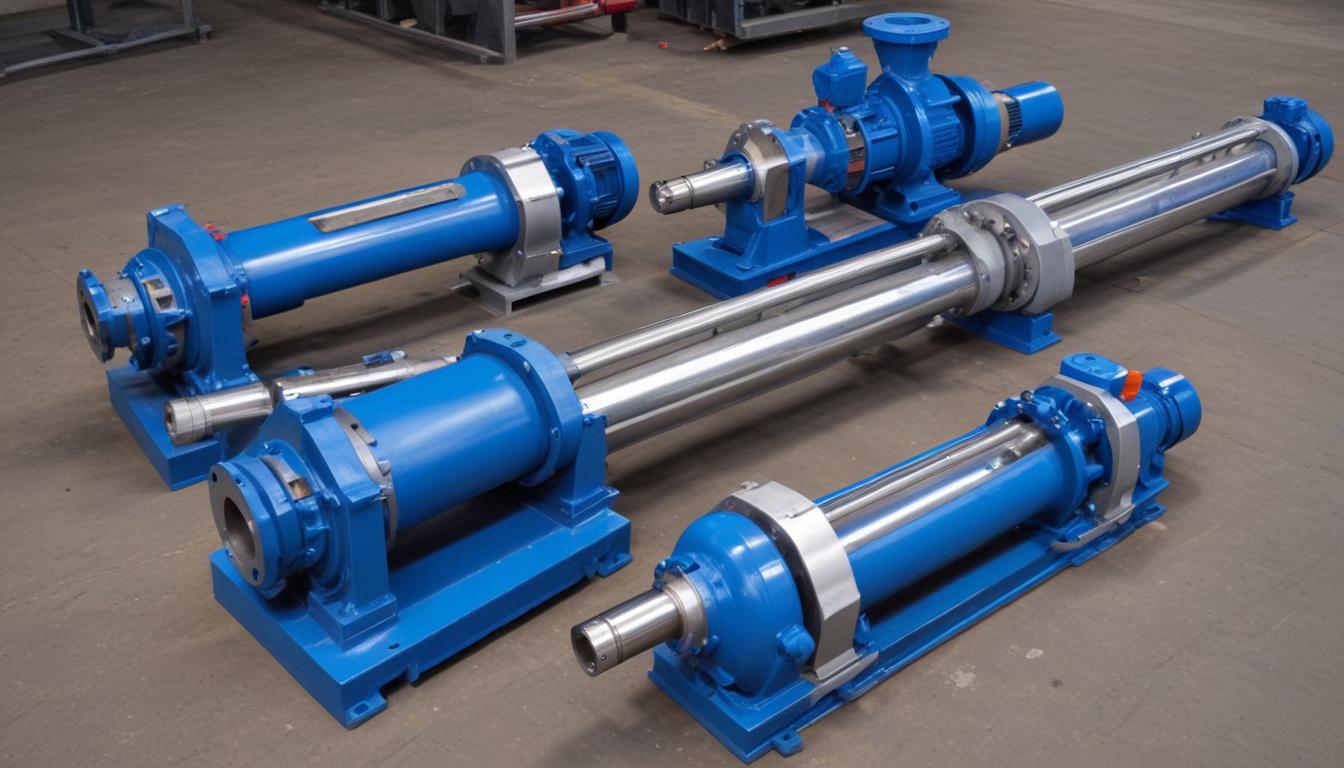
One of the main advantages of standard progressive cavity pumps is their cost-effectiveness. These pumps are mass-produced, resulting in lower manufacturing costs, which translates to more competitive pricing for end-users. This affordability makes them an attractive option for a wide variety of applications that do not require specialized features or performance metrics.
Additionally, standard progressive cavity pumps are designed with proven reliability in mind. The engineering behind these pumps follows established specifications and has been validated through extensive testing. This robust reliability leads to lower failure rates and reduced maintenance costs, ultimately contributing to improved system uptime and operational efficiency.
Furthermore, the widespread availability of standard models plays a crucial role in their advantages. Being readily accessible means that users can quickly procure these pumps without long lead times, which is essential for maintaining continuous operations in industrial settings. The established networks for service and support further enhance their appeal, as users can find replacement parts and assistance easily, significantly reducing potential downtime in critical applications.
Moreover, standard progressive cavity pumps are adaptable to a variety of fluids and conditions. They can handle diverse fluid characteristics—including varying viscosities—effectively. This adaptability makes them suitable for applications ranging from wastewater treatment to food processing, allowing users to implement a single pump design across different operational scenarios.
Another key benefit is the integration of universal components in standard pumps. Since these parts are widely used, users can often interchange components across different pump brands and models. This compatibility not only simplifies maintenance and repairs but also enables cost savings when sourcing replacement parts, further extending the operational lifespan of the equipment.
The advantages of standard progressive cavity pumps lie in their cost-effectiveness, proven reliability, wide availability, adaptability, and universal components. These features empower engineers and pump users to achieve optimal performance in their operations while managing budgets effectively.
Benefits of customized progressive cavity pumps

Customized progressive cavity pumps offer a range of benefits that can significantly enhance operational efficiency and performance in various applications. One major advantage is their tailored design, which allows engineers to specify features that meet the unique requirements of particular fluids and environments. This means that users can leverage optimizations such as specialized rotor and stator configurations, which can be engineered to minimize flow restrictions and enhance fluid dynamics, thereby improving the overall pumping efficiency.
Moreover, customized pumps can be designed with specific materials that address the chemical properties of the fluids being handled. For example, corrosive substances may require pumps made from metals resistant to oxidation or elastomers that can withstand harsh chemicals. This careful selection not only extends the life of the pump but also reduces the risk of downtime due to wear and tear or unexpected failures, ensuring a continuous and reliable operation.
- Enhanced Reliability: With customized progressive cavity pumps, the tailored features can lead to increased reliability in demanding operational environments. These pumps can be fine-tuned to handle extreme conditions, such as elevated temperatures and high-pressure scenarios, which are often outside the operational ranges of standard pumps.
- Improved Flow Characteristics: Engaging a customized approach can optimize flow properties, enabling better handling of shear-sensitive or highly viscous materials without compromising the integrity of the fluid. This capability is particularly crucial in industries like food processing and pharmaceuticals, where product quality is paramount.
- Adaptable Operational Parameters: Customized pumps can also be engineered to operate under varying flow rates and pressures, thus providing the flexibility needed in dynamic environments where process requirements can change frequently.
Additionally, straightforward installation and integration into existing systems are often facilitated by the personalized specifications of customized pumps. Engineers can determine the exact dimensions and configurations needed for seamless connections with pipelines and equipment, decreasing potential bottlenecks during implementation.
On another note, the potential for energy savings should not be overlooked. Customized pumps can incorporate energy-efficient technologies or design features that minimize power consumption. This capability can lead to significant cost savings over time, making such pumps a more sustainable choice for long-term operations.
Understanding these benefits allows engineers and pump users to make informed decisions when considering customized progressive cavity pumps as solutions for specific operational challenges. The investment in a tailored solution can provide substantial returns in terms of efficiency, reliability, and cost-effectiveness, greatly impacting overall productivity in industrial settings.
Factors to consider when making a choice
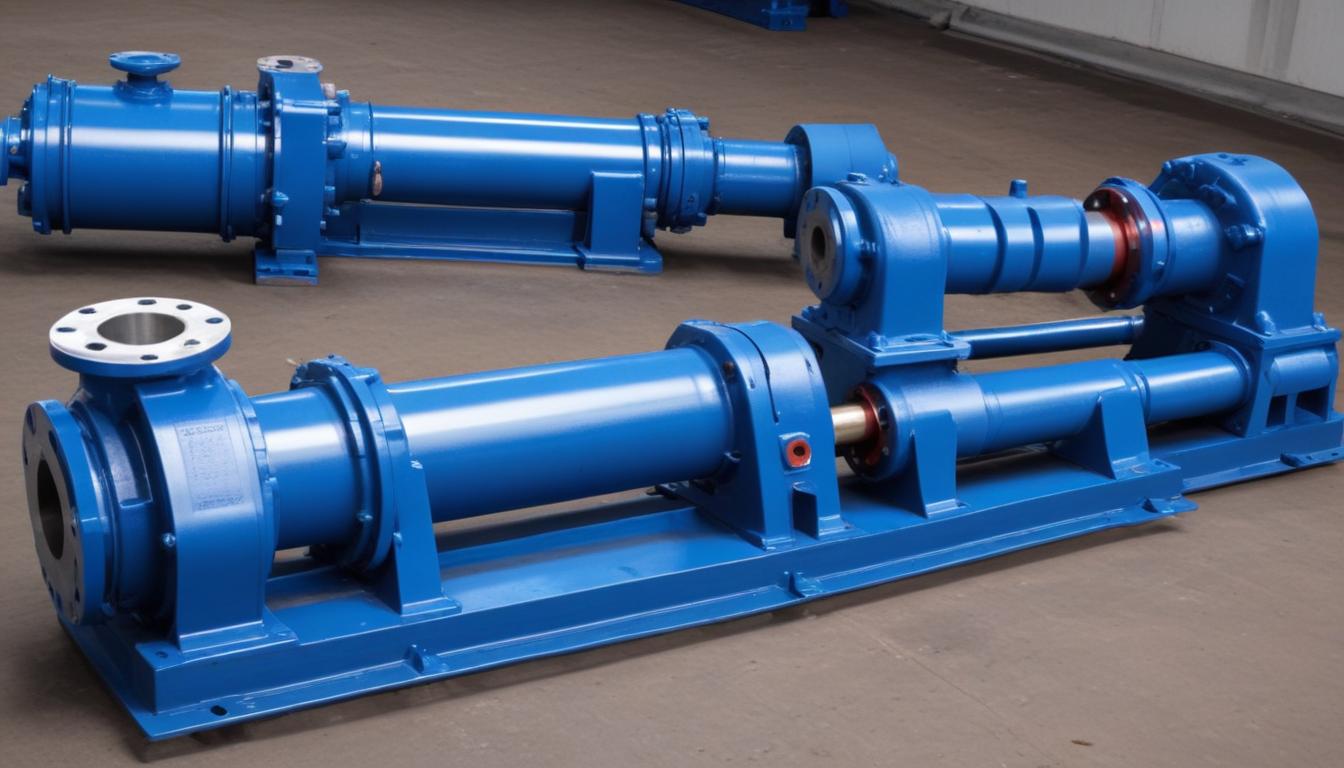
When deciding between standard and customized progressive cavity pumps, several critical factors warrant careful consideration to ensure optimal selection for specific applications. First and foremost, fluid characteristics play a significant role in determining the appropriate pump type. The viscosity, temperature, and chemical composition of the fluid being pumped directly influence the performance capabilities of both standard and customized pumps. For instance, highly viscous or corrosive fluids may necessitate the features available only in customized designs, whereas standard pumps may suffice for less demanding applications.
Another essential factor is operating conditions. Users must evaluate the environment in which the pump will operate, including pressure fluctuations, temperature extreme, and potential exposure to abrasive particles. Customized progressive cavity pumps can be specifically engineered to endure such harsh conditions, offering tailored solutions that enhance durability and reliability, while standard pumps may be limited to predetermined operational ranges.
- Performance Requirements: Consideration of the required flow rate and discharge pressure is crucial. Customized pumps excel in applications where precise flow control and operational flexibility are paramount. In contrast, standard pumps are suitable for applications with more straightforward performance expectations.
- Budget Constraints: Cost is a significant factor in the decision-making process. Standard progressive cavity pumps typically come at a lower price point due to their mass production and widespread availability. Conversely, the initial investment in customized pumps can be higher, but they may resulted in long-term savings through reduced downtime and maintenance.
- Lead Time: The urgency of the application may also influence the choice between pump types. Standard pumps are readily available, which may be crucial for clients facing downtime. Customized progressive cavity pumps may require longer lead times due to the engineering and manufacturing processes involved.
Maintenance requirements and service capabilities are yet other vital considerations. Standard progressive cavity pumps are generally supported by extensive service networks that ensure easy access to parts and knowledgeable technicians. Customized pumps, while potentially offering optimized performance, may require specialized knowledge for repairs and maintenance, necessitating a thorough evaluation of the service infrastructure available.
Additionally, as industries continue to evolve, regulatory compliance must not be overlooked. Many applications require pumps to meet specific standards set by governing bodies. Customized pumps can be designed to adhere to stringent regulations relevant to particular applications, such as food safety standards in the food and beverage sector, unlike standard pumps that may be limited in this regard.
Understanding the unique operational needs and constraints is crucial when navigating the choice between standard and customized progressive cavity pumps. Evaluating fluid characteristics, operating conditions, performance requirements, budget considerations, lead times, maintenance needs, and regulatory compliance will aid engineers and pump users in making an informed and strategic decision that aligns with their operational goals.

